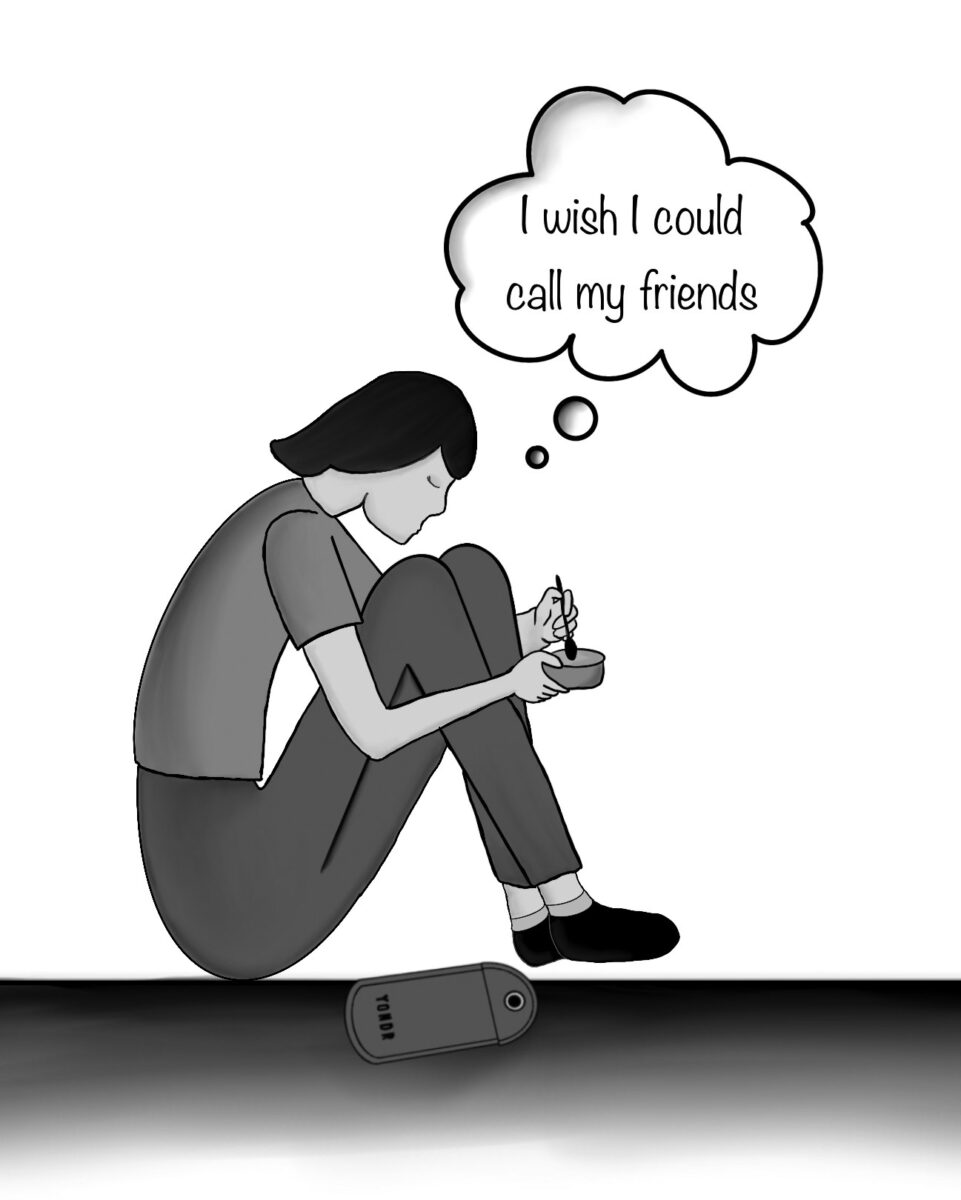According to a November Bark survey, 77 percent of students have heard a relative say something insensitive at a family gathering, but only 30 percent of students have corrected them on their behavior. Although it may feel awkward or uncomfortable, it is important for our generation — and Redwood students especially — to have open conversations with their relatives and challenge bigoted views. As students mature and become more informed, it is crucial that we understand the importance of respectfully advocating for inclusivity and change.
To begin with, it is necessary to understand what makes an insensitive statement so an individual can identify the harmful remark before speaking up. Charged language can be phrases or statements that, intentionally or not, highlight stereotypes usually directed at minorities or a specific group of people. Jokes and comments about gender roles and racial slurs may seem harmless to some but perpetuate stereotypes and reinforce biases for those affected.
Although not only older generations can make these comments, studies have shown that they often struggle to adapt to evolving societal norms. As humans age, their ability to adapt to change gradually diminishes.
According to Steve Taylor, a senior lecturer in psychology at Leeds Beckett University, as the world evolves, older people may feel unfamiliar with new expectations or threatened by the presence of people who are not the same as them. This makes it harder for them to understand those who are different from them, leading to perspectives that do not grasp the full extent of people’s identities and realities.
This generational gap can make addressing remarks especially challenging when considering cultural norms emphasizing respect for older relatives. In many cases, age will trump reason in an argument or discussion, meaning the older and, therefore, “wiser” person will always be correct. Unfortunately, while it is important that elders are respected and valued in society, this should not come with an easy “get out of jail free” card that elders can take advantage of whenever they do something wrong.
When dealing with an incident, whether it be an unintentionally insensitive comment or a derogatory rant, there are a couple of main ways to effectively confront a relative. According to Learning for Justice, an education center focusing on learning and reflection about race in the United States, there are important action steps to learn to speak out confidently.
First and foremost, you must be ready. Tell yourself that you will speak up and not remain silent when an incident occurs. Be aware of how the other person might react and whether they could become defensive and escalate the situation further.
The second step is to identify and point out biased behavior from the speaker during an incident by repeating it or asking for clarification. This will help someone hear what they are saying more clearly and realize the intolerance of the statement on their own. Use the knowledge you have learned from classes like Social Issues to identify and point out biased language.
Step three is setting limits. Let the speaker know that their comments are not welcome around you. Instead of attempting to control them, control the situation at hand. Even if they do not understand why their comments are prejudiced, ask them to respect your space and not make the comments around you.
Finally, step four is being vigilant. Keep setting boundaries even if the person does not change instantly. Over time, consistent actions can prove to them one step at a time that their mindset is biased.
The broader issue of elders getting away with intolerance of different variations at the dinner table reflects how deep these views are ingrained into society, often passed down through generations. When these hurtful comments are accepted or ignored, they teach younger generations that discrimination is accepted and tolerated, reinforcing stereotypes and preventing change.
During this holiday season, it is essential to politely but firmly teach relatives about ever-changing cultural norms. They should not be punished or berated but instead educated about how treating everyone equally and respectfully extends to the remarks made at a family gathering. Relatives may not believe they are saying something offensive, but if we call them out and communicate respectfully, they will begin to rethink their perspectives, creating genuine social progress.
Challenging the past, navigating racism from older relatives with grace
December 19, 2024
Categories:
More to Discover
About the Contributor
Editorial Staff, Author













